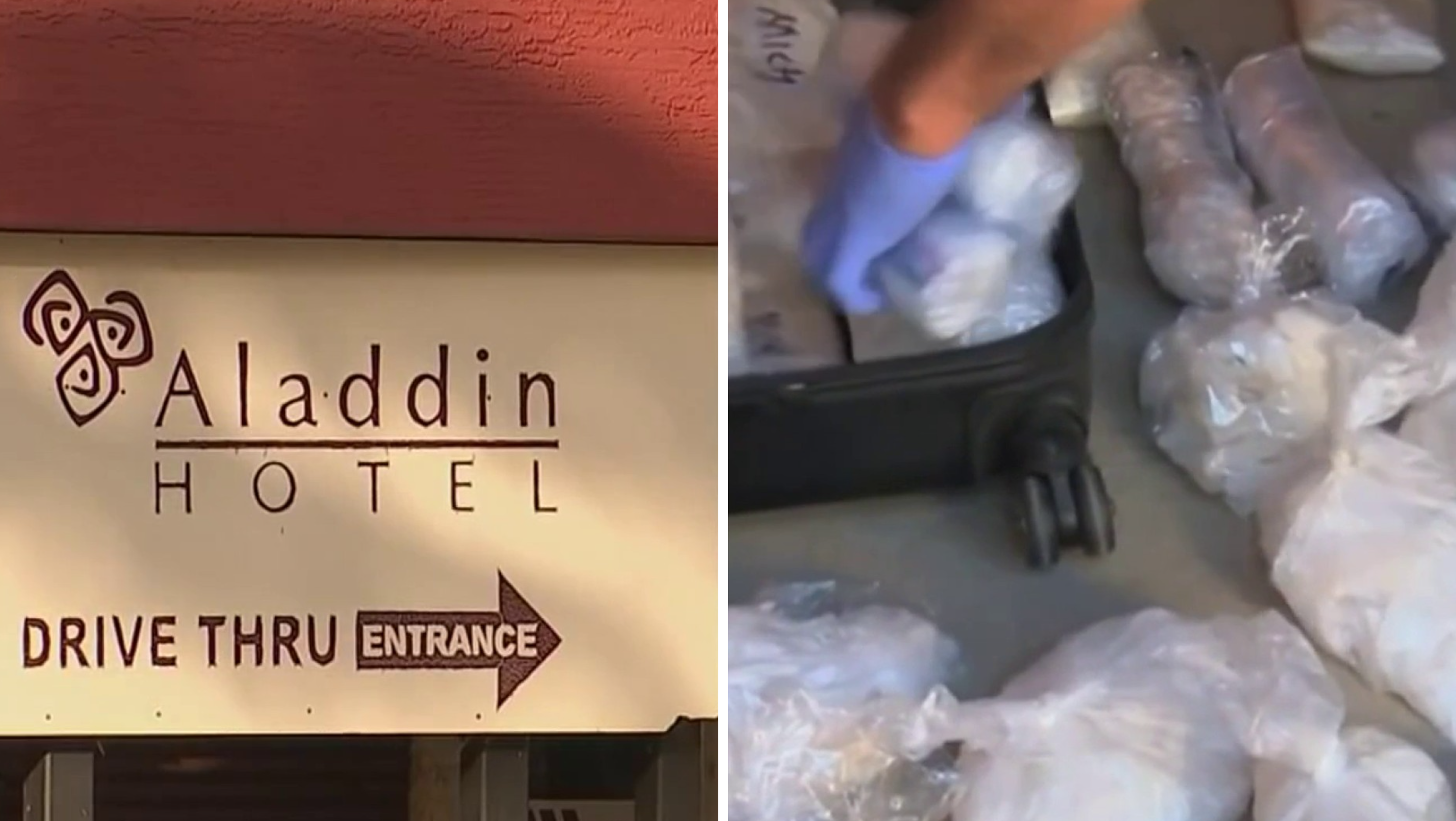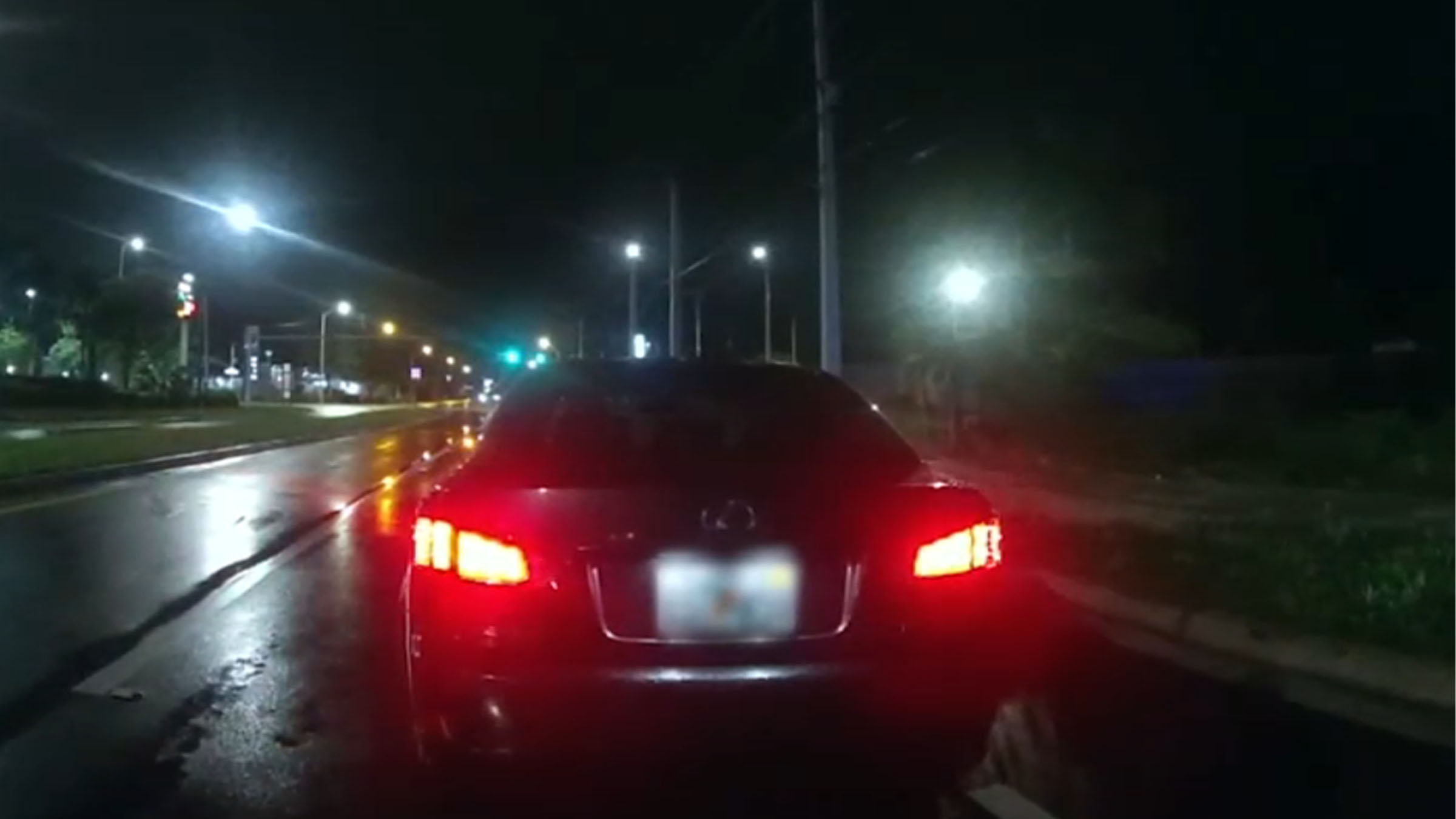There’s the former NFL player who took $1.2 million from the Paycheck Protection Program. He is now serving more than three years in prison.
The recording artist from South Florida who used part of the money he got from the program to buy a Ferrari - what he called his company car. He’s serving 20 months in prison for that.
And the 27-year-old who is awaiting trial after being accused of using money from PPP loans worth over $2 million to buy a Lamborghini, Rolex and designer clothes. He pleaded not guilty.
These are some of the cases law enforcement agencies have filed in connection to the Paycheck Protection Program, which was designed to quickly get money into the hands of struggling business owners in the worst of the pandemic.
Get South Florida local news, weather forecasts and entertainment stories to your inbox. Sign up for NBC South Florida newsletters.
But the program, which ended in May 2021, has also been popular with fraudsters, with billions of dollars sent to people and companies that were not eligible for the amounts they received or for any loan at all, according to a 2021 Small Business Administration Inspector General report.
“We prosecute more fraud cases, particularly Cares Act cases, than anybody else in the country,” said Juan Antonio Gonzalez, the U.S. Attorney in the Southern District of Florida.
As the top federal law enforcer in South Florida, Gonzalez has seen more than his fair share of PPP fraud.
Investigations
The NBC 6 Investigators get results
“We target them very aggressively. When you do the first case, it’s hard, do the second case, a little easier and over time more cases and before you know it, you have a very robust practice in going after Cares Act fraud cases,” Gonzalez said.
A recent NBC 6 Investigation revealed $1.2 million were paid over 24 days to companies that may not have qualified for the loans.
Gonzalez wouldn’t comment on our investigation but wasn’t surprised about what we found. Just four months after the Cares Act passed, his office was docketing the first arrests.
“It is easy,” Gonzalez said. “It’s filling out a piece of paper and putting it in the mail and the money just shows up in your bank account.”
The crimes are also easy to catch.
“There’s a paper trail,” Gonzalez said. “Drug cases to me are like a footprint in the sand on the beach, a wave comes by and washed it away. Fraud cases like this leave a strong paper trail. They’re more like footprints in concrete.”
An agent with the Secret Service told NBC 6 he has seen estimates that up to $76 billion may have been paid in fraudulent loans. The Secret Service, he said, has 900 active investigations, seized $1.2 billion in fraudulent proceeds and returned nearly twice that amount to banks before fraudsters could access it.
Gonzalez said people who stole should be looking over their shoulders for a long time.
“Well, unlike most crimes that have a shorter statute of limitations, these bank fraud cases have a 10-year statute of limitations. So you can commit the crime and nine and half years later find yourself arrested for it,” Gonzalez said.
While they could face up to 20 or 30 years, the range here has been two to seven years.
And once they are caught, they don’t get to keep what they stole.
“They don’t get to keep Lamborghinis. They don’t get to keep their houses. They don’t get to keep any of their ill-gotten gains,” Gonzalez said.
According to Gonzalez, $23 million have already been seized by the feds just in the Southern District of Florida. He promises there’ll be more to come.
“The government needs to get money into the hands of the public as quickly as possible and the quicker the money comes out, the less safeguards are put in place, so we’re left to play catch-up in trying to bring that money that should not have gone out in the first place,” he said.



